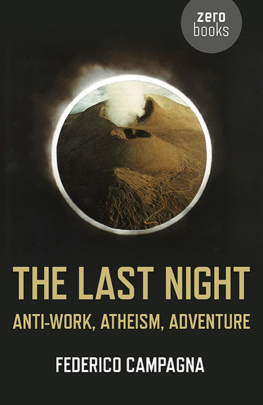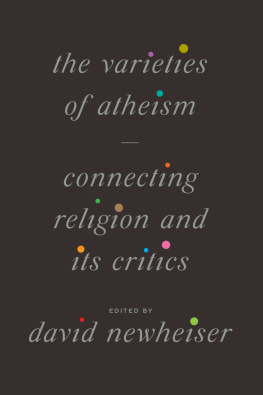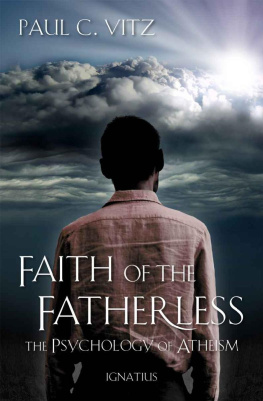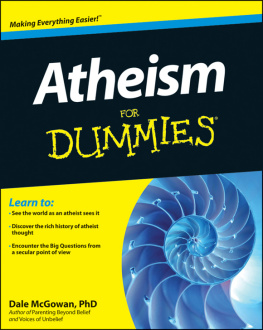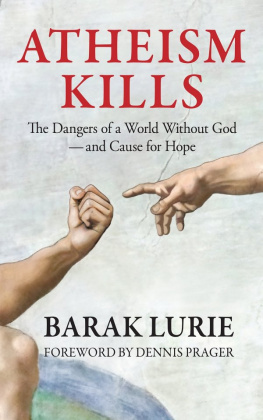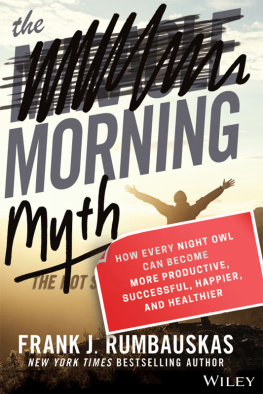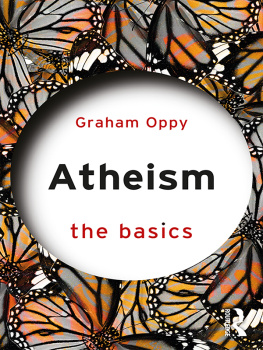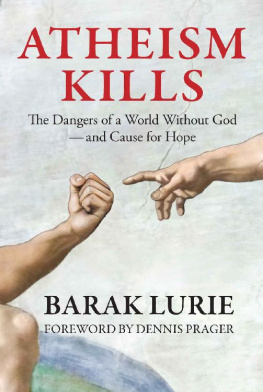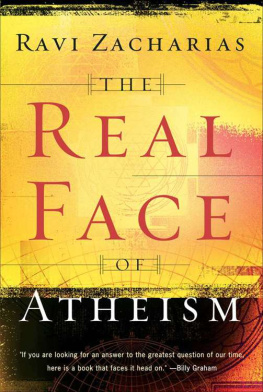For distributor details and how to order please visit the Ordering section on our website.
All rights reserved. Except for brief quotations in critical articles or reviews, no part of this book may be reproduced in any manner without prior written permission from the publishers.
The rights of Frederico Campagna as author have been asserted in accordance with the
Copyright, Designs and Patents Act 1988.
A CIP catalogue record for this book is available from the British Library.
We operate a distinctive and ethical publishing philosophy in all areas of our business, from our global network of authors to production and worldwide distribution.
This book was written for and is dedicated to teenagers.
Acknowledgements
I would like to thank Mark Fisher for commissioning and believing in this book, Franco Berardi Bifo for writing the introduction, and Saul Newman for writing the afterword. Its a real privilege to be surrounded by such inspiring thinkers and friends.
Special thanks to Lucy Mercer, who as well editing the book, has been an incredible support and intellectual counterpart throughout the writing process.
Thanks to my family, Luciano, Nellina and Elisabetta. Thanks also to all the many people that helped me develop the ideas and the style of the text, and in particular Anna Galkina, Henry Hartley, Alessio Kolioulis, Paolo Mossetti and Robert Prouse.
Thanks to Rowan Wilson at Verso Books for helping me to have the time to write this book, and thanks to Manlio Poltronieri for helping to maintain the online platform Through Europe where all the early stages of my work were published. And of course, thanks to everybody at the amazing Zero Books.
Architecture and war are not incompatible.
Architecture is war. War is architecture.
I am at war with my time, with history, with all authority
that resides in fixed and frightened forms.
I am one of millions who do not fit in, who have no home, no family,
no doctrine, no firm place to call my own, no known beginning or end,
no sacred and primordial site.
I declare war on all icons and finalities, on all histories
that would chain me with my own falseness, my own pitiful fears.
I know only moments, and lifetimes that are as moments,
and forms that appear with infinite strength, then melt into air.
I am an architect, a constructor of worlds,
a sensualist who worships the flesh, the melody,
a silhouette against the darkening sky.
I cannot know your name. Nor can you know mine.
Tomorrow, we begin together the construction of a city.
Lebbeus Woods, War And Architecture
Introduction
by Franco Berardi Bifo
Vanishing Modernity
The modern age was a time when human beings, alone or together, could sculpt the marble of history with the hammer of will. Today, both the marble of history and the hammer of will seem to have vanished from sight. There is no longer anything resembling the monumental vigour of intentional, conscious, organised action. More importantly, there is no longer a progressive temporal dimension, nor the possibility of reducing countless micro-changes to a prevailing tendency or a unitary temporality. Time has fragmented into an endless mosaic of schizo-instants, devoid of any continuity. In our perception, narrations and production, time has become fractalised, shattering into compatible splinters of time constantly recombined and put to work by the universal linguistic machine. Communication is increasingly (and almost exclusively) a frantic connection mediated by electronic screens. Work is relentless shifting between the nodes of the metropolis or of the planet. Words have lost their carnal texture and the trajectories of work meet each other instantly only in order to diverge and reconnect, never meeting each other again.
A precarious culture is emerging from the horizon of our time, and this book is a presage of the tide to come.
I have lived through the tail end of the modern experience. I witnessed the vanishing of modernity, I underwent it and I tried to interpret it. Thus, I read Federico Campagnas work as a map of the shifts (often microscopic, barely perceptible) of sensibility from the sphere of modernity to that of precarity. Because, beware precarity is not a provisional, transient, resolvable juncture of social and productive relations. Precarity is the time that comes after modernity.
The Precarious Horizon
What is the precarious condition? It is not simply the condition of millions of people who work without a permanent contract or without any guarantee of what will happen to their salary the following day. It is the condition in which every night is the last night, awakening from which each one of us sinks into the carriage of an underground train in order to perform their solitary, hyper-connected journey.
The question we are asking ourselves today is: what stage of the night is it?
And somebody comes to warn us that this is the night that does not end. What stage of the night is this? Is this perhaps the point in which we realise that the night is not ending?
Modernity concerned itself with building shelters, protections, guarantees, so it could push back the spectre of death. But now that the tempest has blown away our shelters, we begin to realise that the weak secularism of the modern age has only managed to put death between brackets. We have not learnt how to talk about death, and now death looks at us, contemptuous and sneering, from every corner of the social life. The precarious condition is naked against the cold, winds, hunger, violence. Precarity is bare life as exposed to the truth of death. There is no return from the precarious condition, because it reveals a truth that for too long we have been hiding from ourselves, and of which we are now finally aware.
Death inscribes itself within the horizon of radical, autonomous, materialist thinking, because it is only by knowing the limit of our time and of our lives that we might be able to understand that which dialectic (idealist) communism has stopped us from seeing: that the winner wins nothing, and that the struggle for freedom is doomed to failure from the start. And that only in an aware state of autonomy from the awareness of the inevitable it is possible to live happily, and to die consciously, that is freely.
Radical atheism begins again from scratch, looking at existence from the point of view of death.
Is this the sign of a political defeat?
Or is it perhaps the beginning of a precarious humanism, looking for a happy harmony with chaos?
Us
The emerging precarious culture manifests itself in an existence, aesthetics, literary and artistic production that is marked by the quest for us.
I took part in the political movements of the past few decades, the huge gatherings of waving, raging and tender bodies, but I never thought that I was fighting for an idea. I was fighting for us.

